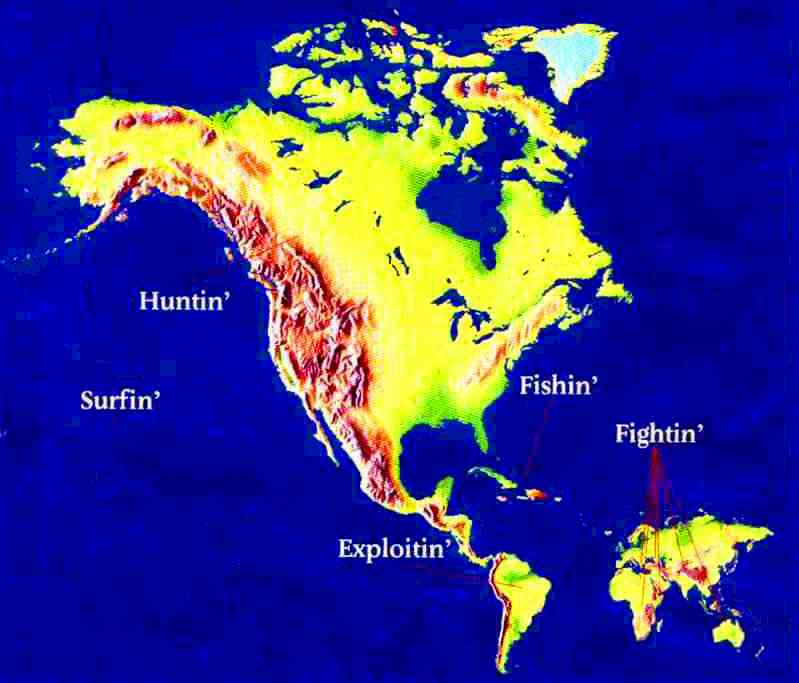RedRalph
Deity
- Joined
- Jun 12, 2007
- Messages
- 20,708
Pan-Celticism is a 19th century romantic myth and has never held any sway among the greater population. Scottish, Irish and Welsh nationalism (not to mention Cornish, Manx and Breton, which, as mentioned, you have neglected) are independent (albeit related) movements. Aside from anything else, Irish nationalism began in the 19th century and was largely resolved during the interwar period*, while Scottish and Welsh nationalism never surfaced as mainstream movements until the later 20th century, and even now remain far from dominant.Its just for fun. the Celtic nations are one union
Pan-Celticism is a 19th century romantic myth and has never held any sway among the greater population. Scottish, Irish and Welsh nationalism (not to mention Cornish, Manx and Breton, which, as mentioned, you have neglected) are independent (albeit related) movements. Aside from anything else, Irish nationalism began in the 19th century and was largely resolved during the interwar period*, while Scottish and Welsh nationalism never surfaced as mainstream movements until the later 20th century, and even now remain far from dominant.
*The exception being the staunchly Unionst British-Protestant population of Ulster, which your map seems to ignore.
[/rant]


Pan-Celticism is a 19th century romantic myth and has never held any sway among the greater population. Scottish, Irish and Welsh nationalism (not to mention Cornish, Manx and Breton, which, as mentioned, you have neglected) are independent (albeit related) movements. Aside from anything else, Irish nationalism began in the 19th century and was largely resolved during the interwar period*, while Scottish and Welsh nationalism never surfaced as mainstream movements until the later 20th century, and even now remain far from dominant.
*The exception being the staunchly Unionst British-Protestant population of Ulster, which your map seems to ignore.
[/rant]

Quite possibly, yes...Missed the first sentence of the bit you quoted?

I'm aware that the Gaels* and Britons represent two distinct ethnicities, which was partly my point... The two groups diverged millenia ago, and since then there has never been any united Insular Celtic ethnicity. In fact, even the term "Celt" was never applied to the Insular Celts until the 19th century, having previously been used to refer only to continental Celts, with the Gaels and Britons being viewed as distinct ethnic groups.You're right that much of the Celtic mythology on which various nationalisms are based are 19th.C literary inventions (Sir Walter Scott and others have a lot to answer for). But they do have a real basis in ethnicity, linguistics and historical fact. There are in fact two groups; one comprising the Irish and Scottish Gaels plus the Manx; the other of the Welsh, Cornish and Bretons. Each group differs markedly in language between them, but share more than 90% in vocabulary and grammar within them..
They hold a different religion and nationality, and many speak the non-Irish dialect of Ulster Scots (or at least did historically). If nothing else, the fact that they two groups managed to spend a good chunk of the later 20th century engaging in armed conflict represents a significant, albeit far from overwhelming, distinction.As for your mention of the Unionist population of Ulster, it hardly compares as a distinct cultural group being merely the expression of political dominance by the descendants of English and Scottish Protestant squatters shipped wholesale to the "plantation" province to colonise and subjugate the indigenous Irish Catholic population.
Inspired by Belgium thread. Post your maps which have been changed for good, for evil, for fun, or to wind up other posters.
View attachment 183164 (note: Brno is part of the refounded USSR)



Too bad you can't find the city on the map

You marked Nitra or some other city in Slovakia, you moron

Winner, do you want to stop calling people morons, idiots, stupid etc?
 The thread is moronic, the map is moronic and your lack of even the basic ability to look at the map and find the city you want to ridicule is more than moronic
The thread is moronic, the map is moronic and your lack of even the basic ability to look at the map and find the city you want to ridicule is more than moronic 
You do it almost every day you are on. I'm not going to report but please just give it a rest. that said, this was indeed a bit of a moronic oversight.

In this case, you are a moronThe thread is moronic, the map is moronic and your lack of even the basic ability to look at the map and find the city you want to ridicule is more than moronic
Nah, I am not doing it unless someone really deserves it. This is the case, and I was kidding, not that it matters now

Ha! Nobody wants Brussels.

 nice one, it made me laugh
nice one, it made me laugh 

(edit: added names just in case of confusion)

I hope you don't mean giving it to France.Ansar: that is what I would do to Belgium as well, although I would take out Luxembourg while I was at it . . .

Hmmm.... stuff like this is why you're so popular on the boards

That's not fun, that's about to become reality very, very soon.

Sure thing, Mr. Popular

